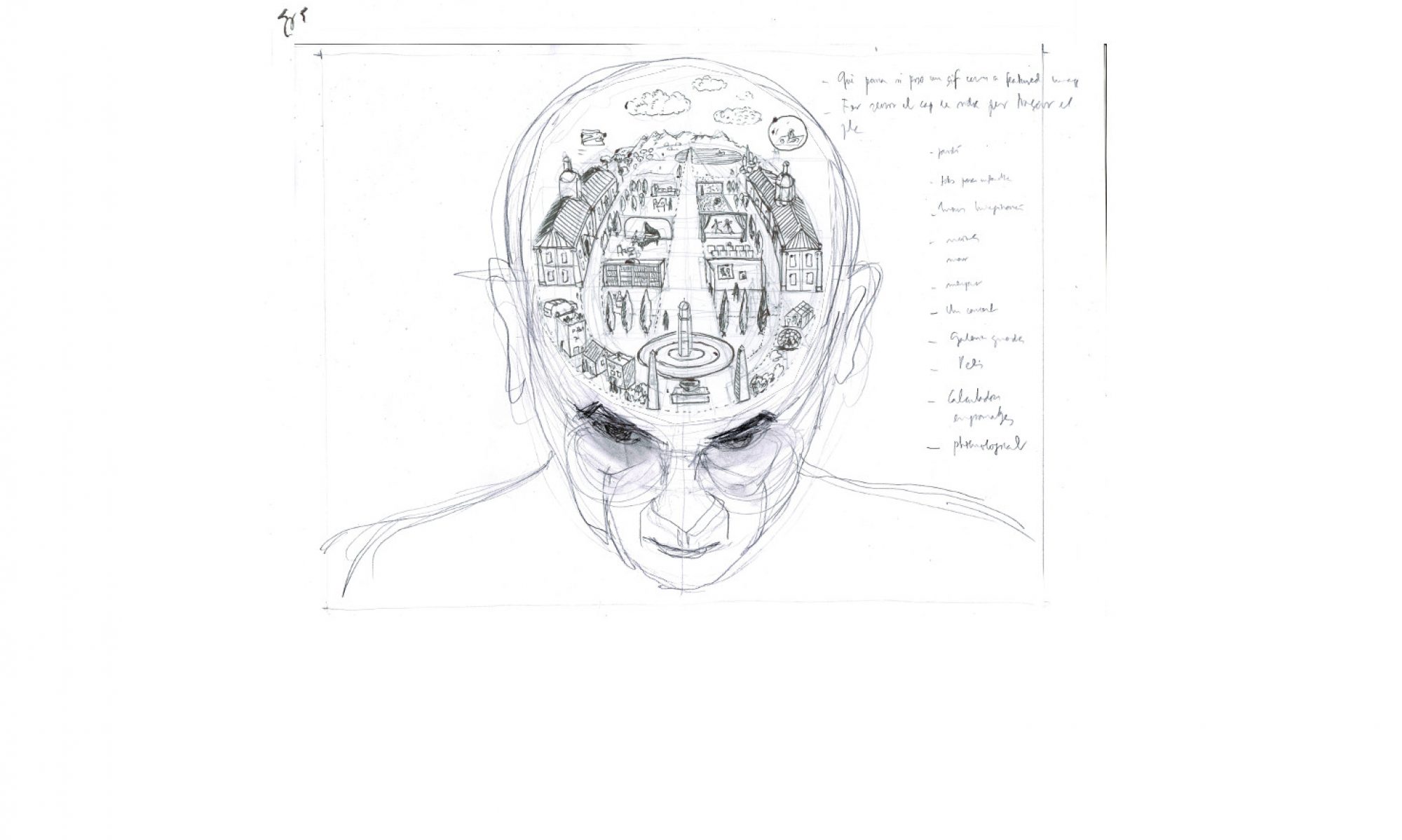RKO

- 1933 Flying Down To Rio, RKO, Astaire i Rogers en un paper secundari que va encantar el públic. Stanley Donen explica: “I was nine, and I’d never seen anything like it in my life. I’m not sure I have since. It was as if something had exploded inside me. . . I was mesmerized. I could not stop watching Fred Astaire dance. I went back to the theatre every day while the picture was playing. I must’ve seen it at least twenty times. Fred Astaire was so graceful. It was as if he were connected to the music. He led it and he interpreted it, and he made it look so effortless. He performed as though he were absolutely without gravity.”
Primer solo, show aeri, the Carioca, Dolores del Rio
- 1934 The Gay Divorcee (1934), RKO, Astaire i Rogers protagonistes, they danced and romanced, inventing what became their standard formula – in a high society setting, a charming playboy and a sweet girl with spunk get into a tangle of mistaken identities, fall in love on the dance floor (to something like Cole Porter’s “Night and Day”), resolve their misunderstandings in the nick of time, and foxtrot their way to a black and white “happily ever after” ending. [ la majoria de les coreografies serien d’Astaire i Hermes Pan]
The Continental, Night and Day
- 1935 Top Hat (1935), RKO, Astaire i Rogers, which embodies the series at its best. There is a a variation of the “mistaken identities” plot with stylish comic support from Edward Everett Horton, Eric Blore and Helen Broderick, and a solid-gold score by Irving Berlin. “Isn’t This a Lovely Day To Be Caught In The Rain,” “No Strings,” the title tune and the unforgettable “Cheek to Cheek” are deftly integrated into a story of mistaken identities set in an eye-popping black and white art deco vision of Venice. The dialogue is breezy and clever, and the atmosphere one of sophisticated delight.
Top Hat White tie Tails, Heaven, Cheek to cheek, No strings, Isn’t this a lovely day to be caught in the rain
- 1935 Roberta, RKO, Astaire i Rogers included Jerome Kern’s “I’ll Be Hard To Handle”
I’ll be hard to handle, Lovely to Look at, I won’t dance
- 1936 Follow The Fleet, RKO, Astaire i Rogers had Irving Berlin’s “Let’s Face the Music and Dance”
Let’s face the music and dance, I’m putting all my eggs in one basket, I’d rather lead the band, Let yourself go
- 1936 Swing Time, RKO, Astaire i Rogers boasted Jerome Kern’s Fields “The Way You Look Tonight”, “Pick yourself up”
Pick yourself up, A fine romance, The way you look tonight, Bojangles of Harlem, Waltz in swingtime, The last dance
- 1937 Shall We Dance, RKO, Astaire i Rogers offered George and Ira Gershwin’s “Let’s Call the Whole Thing Off” and “They Can’t Take That Away From Me”
Shall we dance, Let’s call the whole thing off (you say potato), They can’t take that away from me, Slap that bass
- 1938 Carefree, RKO, Astaire i Rogers included Berlin’s “Change Partners”
I used to be color blind Romantic dream, Change partners, The Yam
- 1939 The Story of Vernon and Irene Castle, RKO, Astaire i Rogers
